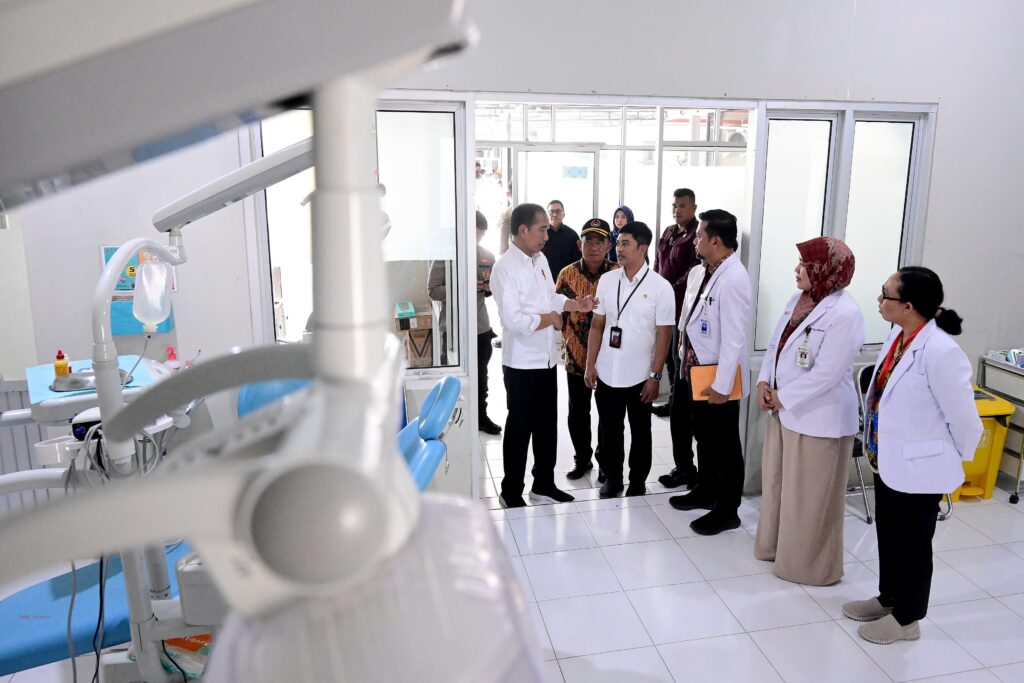Jakarta — Indonesia’s social welfare has significantly improved over the past decade under the leadership of President Joko Widodo (Jokowi), particularly in the areas of education, healthcare, and infrastructure, as reported by the Social Progress Index (SPI).
A report released by LSI Denny JA on Monday (September 30) highlighted these improvements, emphasizing that SPI is a crucial tool for evaluating how a government improves its citizens’ well-being beyond mere economic numbers.
“Indonesia’s score increased from 61.65 in 2014 to 67.22 in 2023, reflecting improvements across various social welfare indicators. The country’s SPI ranking also improved from 92nd to 80th, showcasing an enhanced standard of living despite ongoing challenges,” LSI Denny JA stated.
The report attributed the rise in social welfare to three key factors:
- Access to Education: Jokowi’s administration introduced programs like the Kartu Indonesia Pintar (Smart Indonesia Card) to boost educational participation, particularly among low-income families.
- Healthcare Services: The National Health Insurance program (JKN) expanded access to healthcare, especially for marginalized communities, improving overall public health.
- Social Infrastructure: Massive investments in infrastructure, such as roads and public facilities, have enhanced access to essential services, contributing to improved quality of life.
LSI Denny JA further explained why SPI is a valuable measure of success:
- Quality of Life Beyond GDP: Countries with high GDP can still face significant social inequalities. SPI evaluates non-economic factors like education, health, and human rights, often overlooked by traditional economic indicators.
- Impact of Government Policies: The SPI clearly reflects how policies like expanding healthcare coverage and improving education access directly influence people’s quality of life.
- Global Comparison: SPI allows for comparisons between nations. Indonesia’s rise in rankings suggests it is increasingly aligning with more advanced countries in terms of social welfare.
The report also noted that Jokowi’s administration had made significant strides in healthcare, education, and social protection programs, such as Program Keluarga Harapan (Family Hope Program), which provides cash assistance to poor families to help meet basic needs like food and education.
In conclusion, LSI Denny JA stated that the SPI reflects Jokowi’s success in enhancing basic needs, expanding access to education and healthcare, and creating more economic opportunities.
“Based on the SPI, Jokowi’s 10 years in office can be considered a success, with further efforts needed to achieve full equality and social justice across all regions of Indonesia,” the report concluded. (RR)





